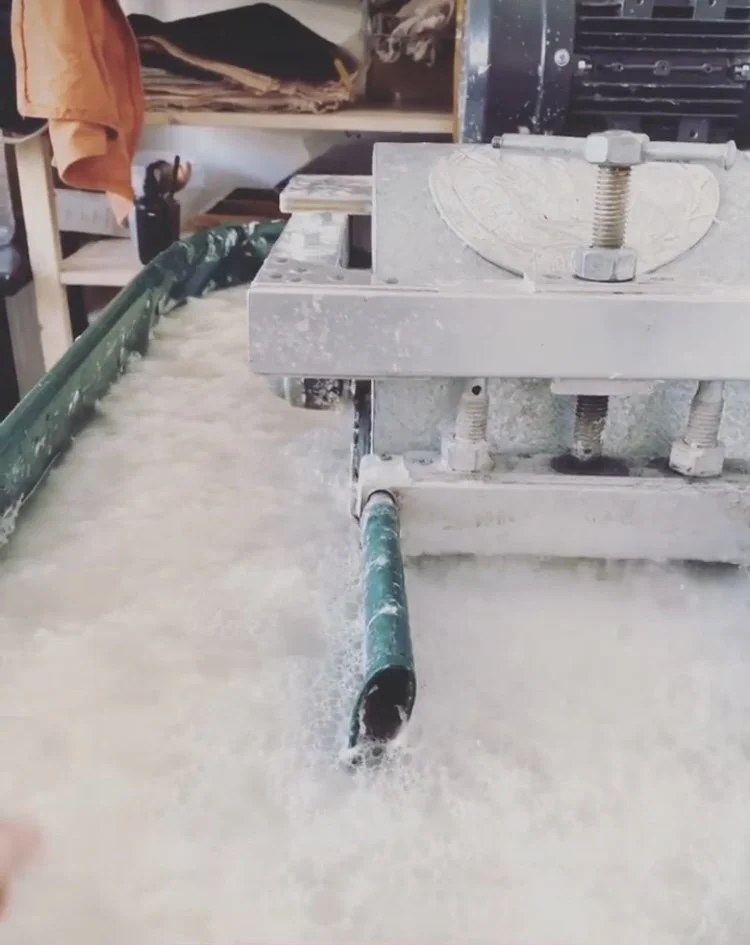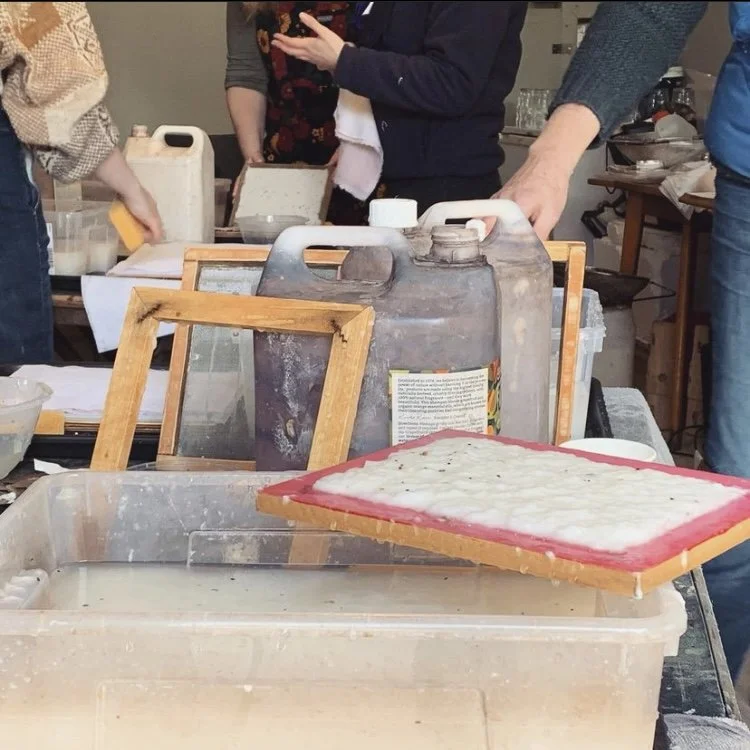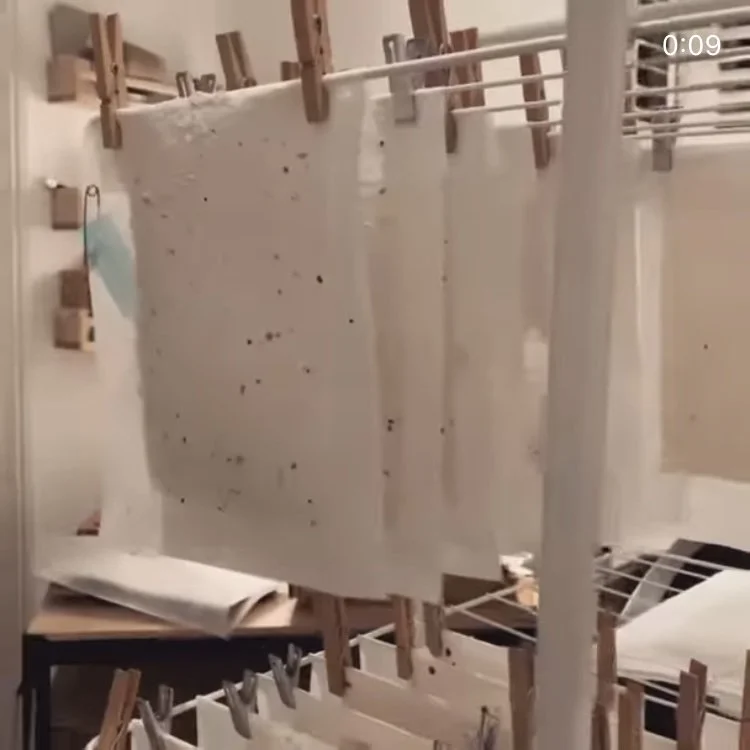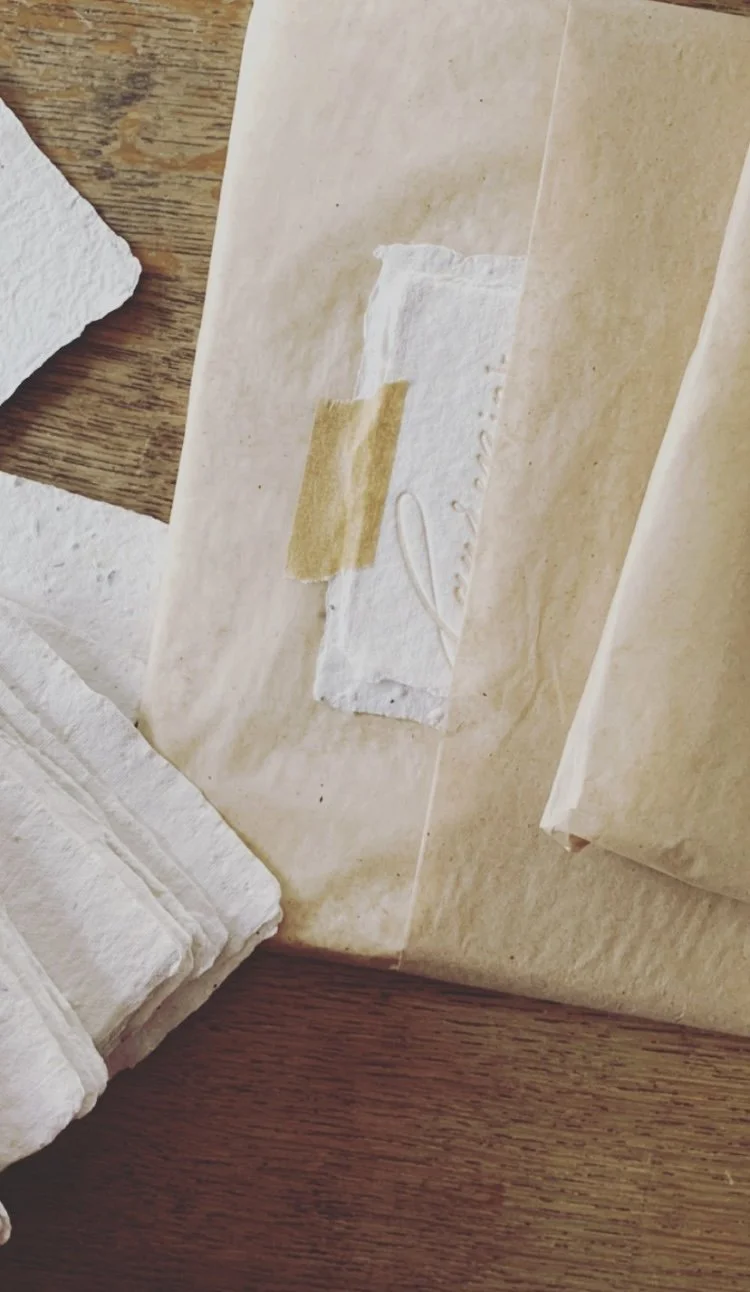Sustainability and Ethical practices
Sustainable, eco-friendly and ethical clothing production has so many facets, it can be difficult to make the choices that best reflect your beliefs, so here are current thoughts that are Wilden London’s ethos.
The Wedding gown is often critised as a ‘wear-once’ garment, but I think it’s different to a fast fashion and throwaway culture, destined for landfill.
My aim, is to make heirlooms to be kept and treasured for generation, never to be discarded.
A bespoke gown or a much loved and carefully selected made to measure gown has much meaning that signifies so much about one of lifes biggest and most meaningful events.
A gown can certainly be altered into a more wearable dress after the wedding day, shortened or dyed, but equally, please consider with as much time and care as when the dress was first chosen, how it will be altered so that it will remain a treasured piece in your wardrobe.
I still own my Granny’s Dress and tiara from 1954. The sleeves were replaced for a cute cap, and the train cut off and hem shortened so that she could wear for evening events. It is, essentially the same dress. The fabric was and is of good quality that it can be washed with ease, and it still looks excellent today.
I treasure it as much as a garment to be worn, as I do an heirloom to be protected.
At the top of Wilden London’s ethical practices, is that nobody should be exploited in the garment production chain, from fabric weavers to seamstresses. Everybody should receive a fair and living wage wherever they live in the world and work in a safe environment. All of my suppliers and workers will be paid correctly.
This links to sustainability, if your workers can’t eat, sleep and live comfortably, they can’t concentrate and can’t produce quality.
Next decision might be your fabric choices; My top choice is silk.
Silk is not made from the animal, or silk worm itself, but from the fibres a silk worm produces (imagine it’s similar to a spiders web). Fibres are often extracted from the silk worm and it is unknown if this harms or hurts the silk worm in any way, and many prefer to use “peace silk”, where the worms are left to excrete the fibres naturally in their own time.
Silk production uses far less water than other fabrics.
Silk is beautiful, strong, breathable, equally cooling as it is insulating, it will last a long time if kept safe from damp.
It is also a natually biodegrable at the end of it’s useful life, and is an eco-friendly choice.
Synthetic fabrics are often made from chemicals and are non-recyclable, damaging wildlife habitats in production and when disposed of in landfill. They are also not pleasant to wear in a bridal gown, they can be shiny and garish, hot and not breathable. I avoid synthetic fabrics unless vintage or recycled.
Beware that synthetic fibres can be packaged as “vegan fabrics”, which obviously do not contain animal fibres such as leather, furs or wools. However, the environmental impact of these fabrics is damaging to animal and human habitats, both in production and after disposal as they will not biogegrade.
Vintage Lace is a great and beautiful choice. Why hide beautiful pieces in a drawer, they will degrade eventually and most vintage fabrics will be cotton or silk so show them off now before it’s too late!
Fabric waste:
Bespoke design, and limited edition made to measure collections uses only exactly what is required for the design, there is very little or no leftovers (called deadstock) and no waste.
For my business, I have 3 scrap fabric recycling methods;
Cotton calico, which is used for mock-ups, is either cut and re-shaped into the mock-up for the next person and design, and once the pieces get too small to be useful to me they are sent to be milled and made into handmade paper for wedding invites by LaurenInk
Silk and lace fabric pieces of a reasonable size are given to local fashion and embroidery schools for the projects and to practice and learn techniques. As well as my local community projects in Putney.
Silks of tiny and otherwise unusable sizes are used to stuff furniture.
If you have any additional thoughts, or opposing ideas, please do get in touch. Charlotte@WildenLondon.com




